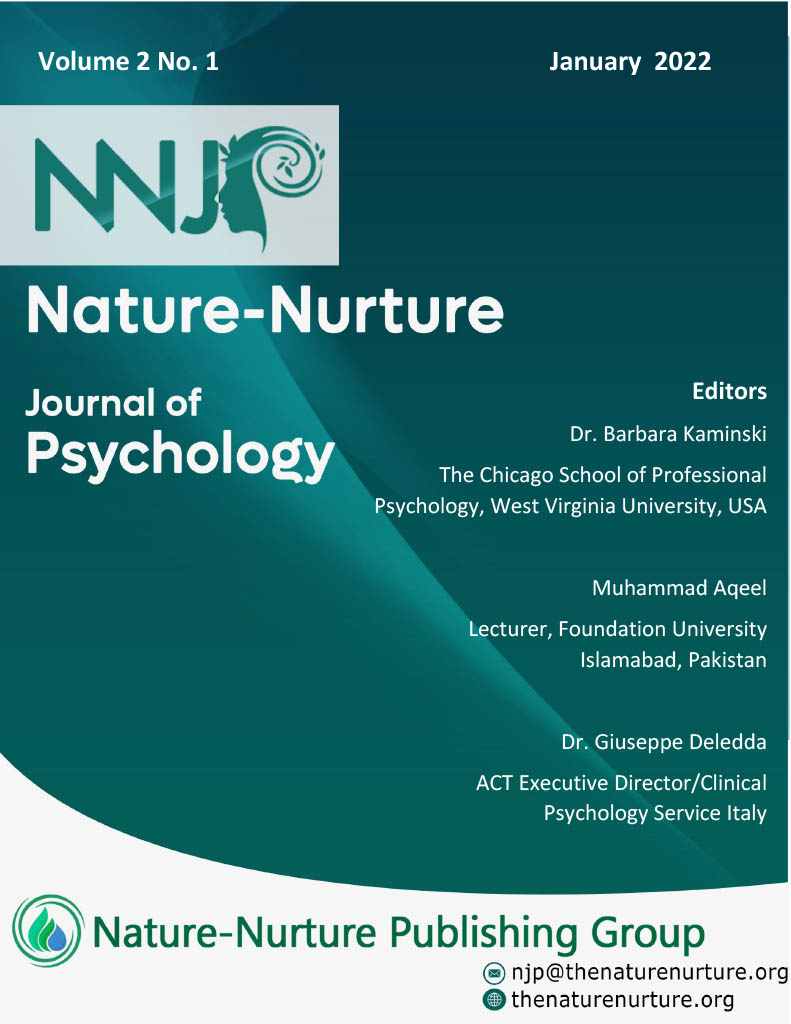Abstract
Background: Cultural models of attractiveness have moved to develop more impractical for the ordinary individual, making body dissatisfaction an important problem for several individuals in western, industrialized cultures. Body dissatisfaction focuses affect individuals of every age, sexual orientations, gender, and ethnicities /races. The effects of body attitude and satisfactions have already been studied in adolescent and adults females, but there is scarcity of studies in Pakistani university students. However, this study was examined the relationship among body attitude, body satisfaction, psychological distress, stress, anxiety and depression in university students. Moreover, it also investigated the moderating role body satisfaction on the relationship among body attitude, stress, anxiety and depression in university students.
Methods: A purposive sampling and cross-sectional design were used in present study. Three standardized psychological instruments were used to examine body attitude, body satisfaction, psychological distress, stress, anxiety and depression in university students. Three hundred participants (Females, n= 150; Males, n= 150) age ranged between 18 to 25 years (M = 20.12 years, SD = 13.03) were included from the different universities of Rawalpindi and Islamabad, Pakistan, from January 2020 to August 2020.
Results: The results of the present study demonstrated that body attitude was positively associated with body satisfaction in university students but it was negatively associated with psychological distress, stress, anxiety, and depression. Further, body satisfaction was positively associated with psychological distress, anxiety and depression. Moreover, this study’s results revealed that body satisfaction was playing role of moderator among body attitude and psychological distress, stress, anxiety, and depression in university students. A multiple moderation models illustrated that body attitude was associated with higher level of psychological distress, stress, depression, and anxiety since it favors of lower level of body satisfaction in university students.
Conclusions: This study suggested that body attitude and body satisfaction were stimulated mental health problems including psychological distress, stress, depression, and anxiety university students. These mental health concerns instigate from a complicated interaction of body attitude and body satisfaction influence. It has important implications for physical and mental health in university students.
Copyright and Licensing
All articles published in the Nature-Nurture Journal of Psychology are made freely and permanently accessible online immediately upon publication, without subscription charges or registration barriers.
Authors retain the copyright of their work and grant the journal the right of first publication. Articles are published under the terms of the Creative Commons Attribution 4.0 International License (CC BY 4.0), which permits unrestricted use, distribution, and reproduction in any medium, provided the original work is properly cited.
To view a copy of this license, visit https://creativecommons.org/licenses/by/4.0/

